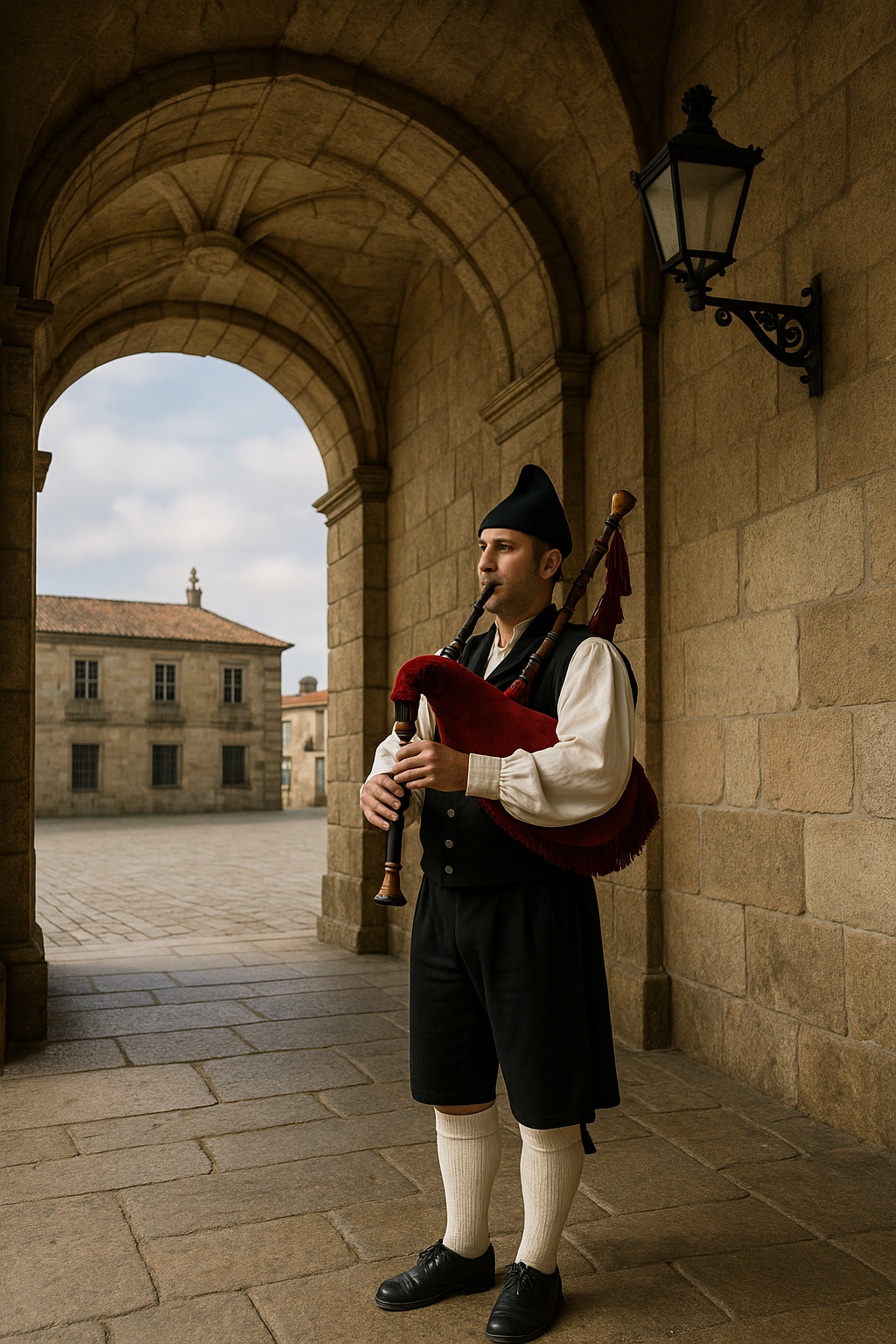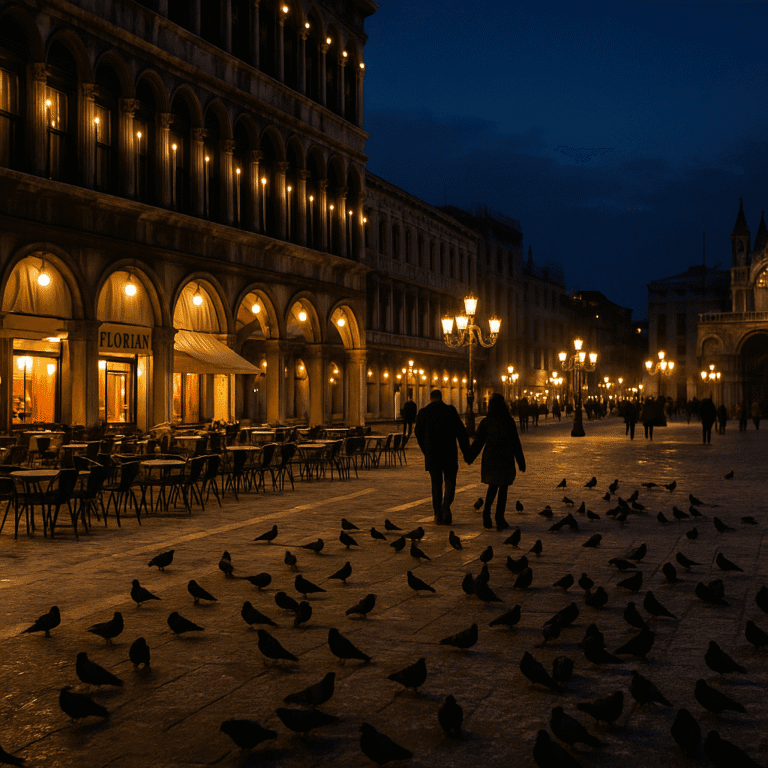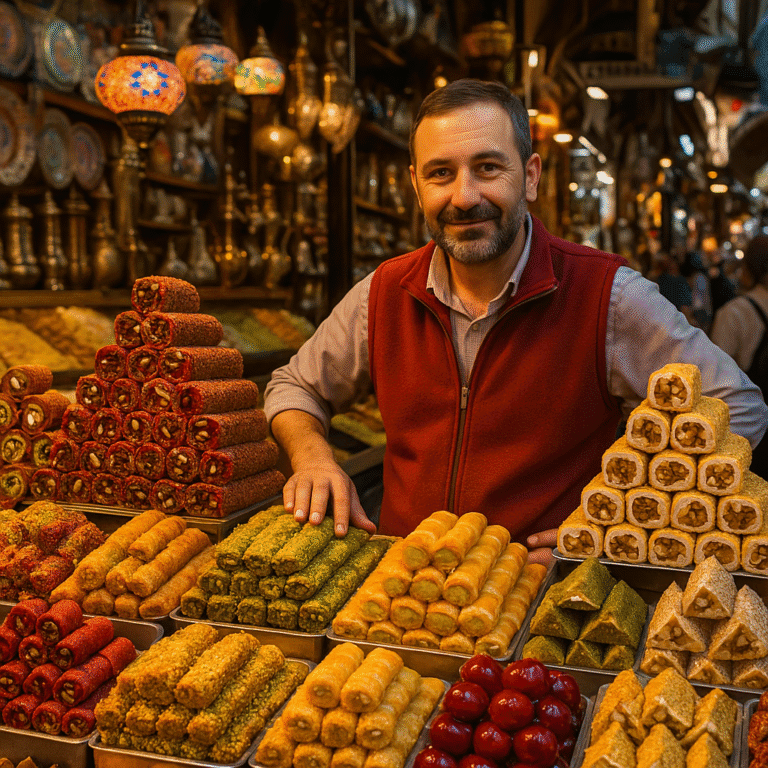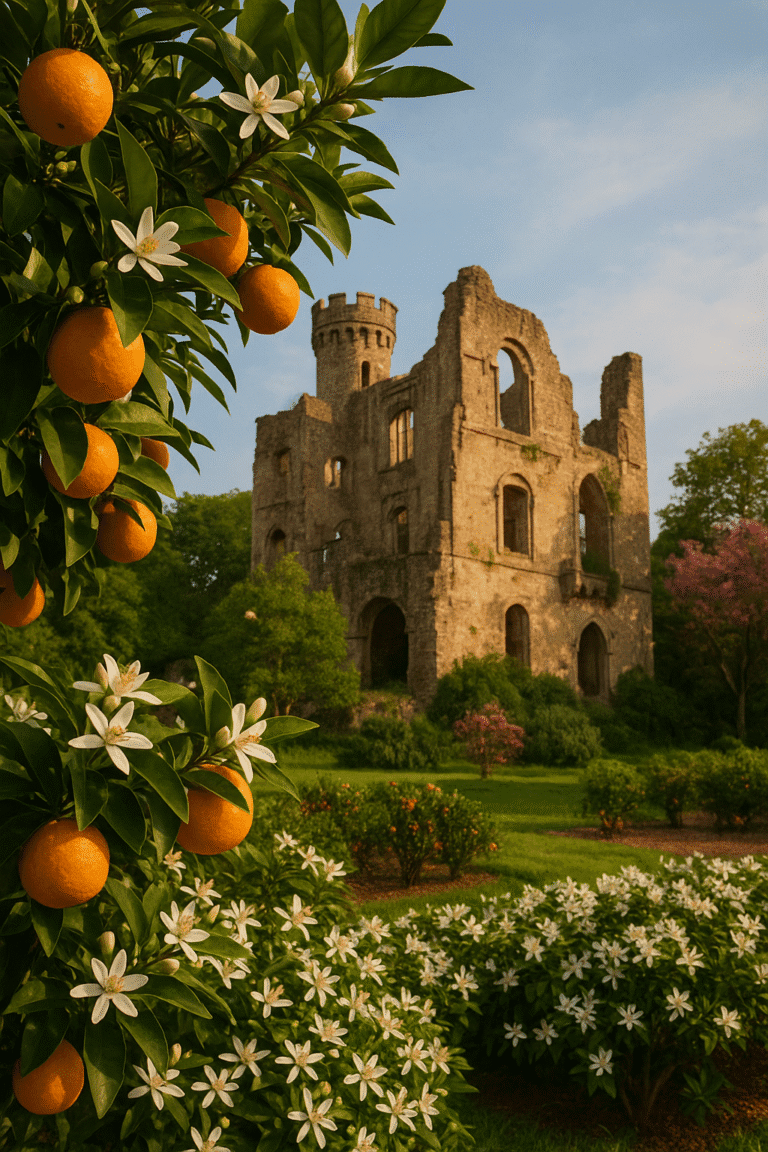“The Concord of Saint-Exupéry”
🌿 The Count's Castle and the Little Prince
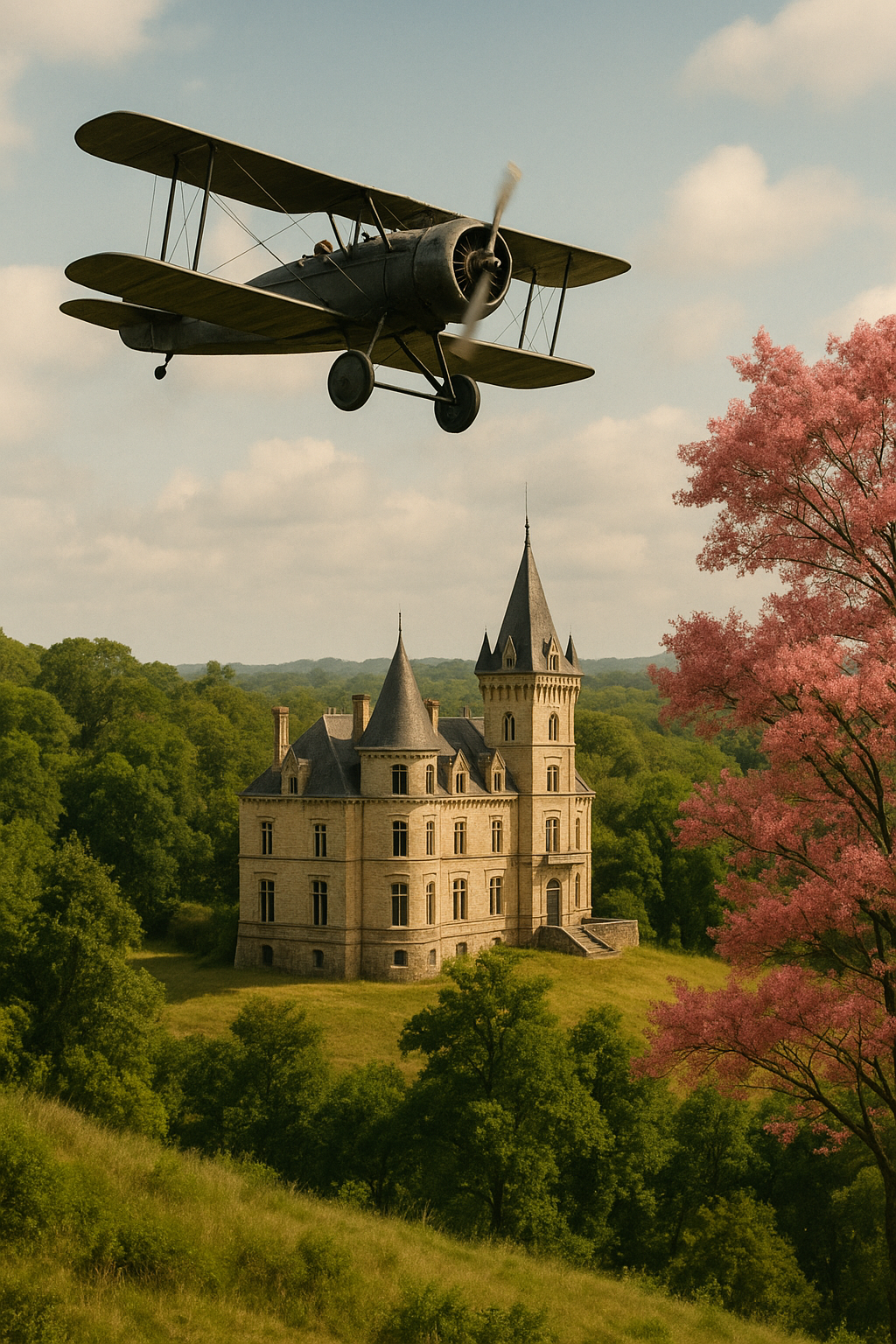
My great-grandfather Michelangelo and his twin brother Felice left southern Italy at the end of the 19th century. They were barely teenagers, but they knew their future wasn't there. In their homeland, the Brigantes—armed rebel groups opposed to Italian unification—generated a climate of constant violence. They stole, extorted, and attacked entire villages. Living with three older sisters in that environment was too high a risk. So, with more courage than certainty, the brothers made a decision: to leave.
Their parents, educated and with a broader vision of the world, also did not wish that uncertain fate for their children. Nearby, in Potenza, there was a prestigious university, which thousands of students still attend today. Their father, who worked as a notary, had studied there, while their mother—an unusual woman for her time—had studied philosophy. They raised their children with books, ideals, and a deep awareness of the value of knowledge. But they knew that knowledge, in a land at war, was not enough. Therefore, they supported their children's departure with both grief and hope.
They chose Argentina. More specifically, a region northeast of Buenos Aires, Entre Ríos, located between the Paraná and Uruguay rivers. A fertile, open land of citrus trees and grapevines, where many other Italians had already found hope. Concordia was their destination. A city surrounded by vibrant nature, which seemed to promise a different kind of life.
At just fourteen years old, they left the Lucanian Alps behind and set off into the unknown. But the yearning for freedom, peace, and progress gave them wings. They worked hard from the first day, and later brought their family over. Over the years, they built a legacy: fields, livestock, and trade routes. They brought the finest Shorthorn cattle from England. With their constant work and forward-thinking vision, they became leaders in the rural world of Entre Ríos, Argentina.
But this story is not just theirs.
Concordia, with its lush vegetation, its humid climate, and its deep, crystal-clear river that flows like a living artery, also attracted another kind of dreamer. One of them was a French nobleman—Count Demachy—who, dazzled by the beauty of San Carlos Park, commissioned the construction of his castle there. He brought everything he needed from Europe: marble, furniture, and crystal chandeliers. He also brought his wife, a dancer who had left the stage for love.
For years, they lived there as if it were their own tropical kingdom. The castle stood on a hill, surrounded by pink lapacho trees and flowering jacaranda trees, whose crowns swayed in the breeze off the river. Sunsets lit up the stones, and the dirt roads smelled of damp orange trees.
And also, drawn by his friendship with the count and his numerous invitations, a young French aviator flew over the region. Some say he was coming from Brazil and decided to venture further afield, toward Argentina, to visit his friend. But his plane ran into trouble and had to make an emergency landing near Concordia. He needed help. That's how Antoine de Saint-Exupéry arrived at the castle.
He was not yet the established author of The Little Prince, but an explorer of the air, a man alone in a foreign land. There, among orange trees and open skies, he found a break. He flew over the fields, walked the park's paths, and according to many accounts, it was there that he began to sketch his most cherished work.
Perhaps it was that mixture of nostalgia, strangeness and tenderness that ignited his imagination.
Perhaps it was the announcement of spring with the orange blossoms in bloom—capable of transporting one back to the most tender childhood—that made him rediscover an innocent, but above all immensely profound, story.
A story that spoke of the essentials, without embellishment, as if only a pure heart could write it.
Because sometimes, you don't need a desert to bring a fox out. Sometimes, all it takes is an abandoned castle, a turquoise sky, and a city no one expects.
The castle came to an abrupt end. When the count's wife left him, he too decided to leave. He left heartbroken, leaving everything behind. And legend has it that, after his departure, the townspeople sacked the castle and eventually set it on fire. Today, only ruins remain, covered in moss and memory.
But if you walk through San Carlos Park in silence, if you let yourself be carried away by the sounds of the wind through the leaves and the crunch of the tall grass underfoot, it seems as if something of that world is still there. As if Concordia holds in its humid air the voices of those who dreamed of starting over, of those who came to write—with words or actions—a history that didn't yet exist.
And if the silence is true, perhaps one can also hear the gentle sound of the Count's horses' hooves passing through the forest, like a melody that transcends time.
More journeys where the path also passes through the inner self:

